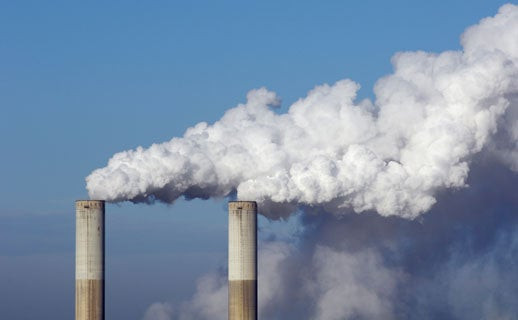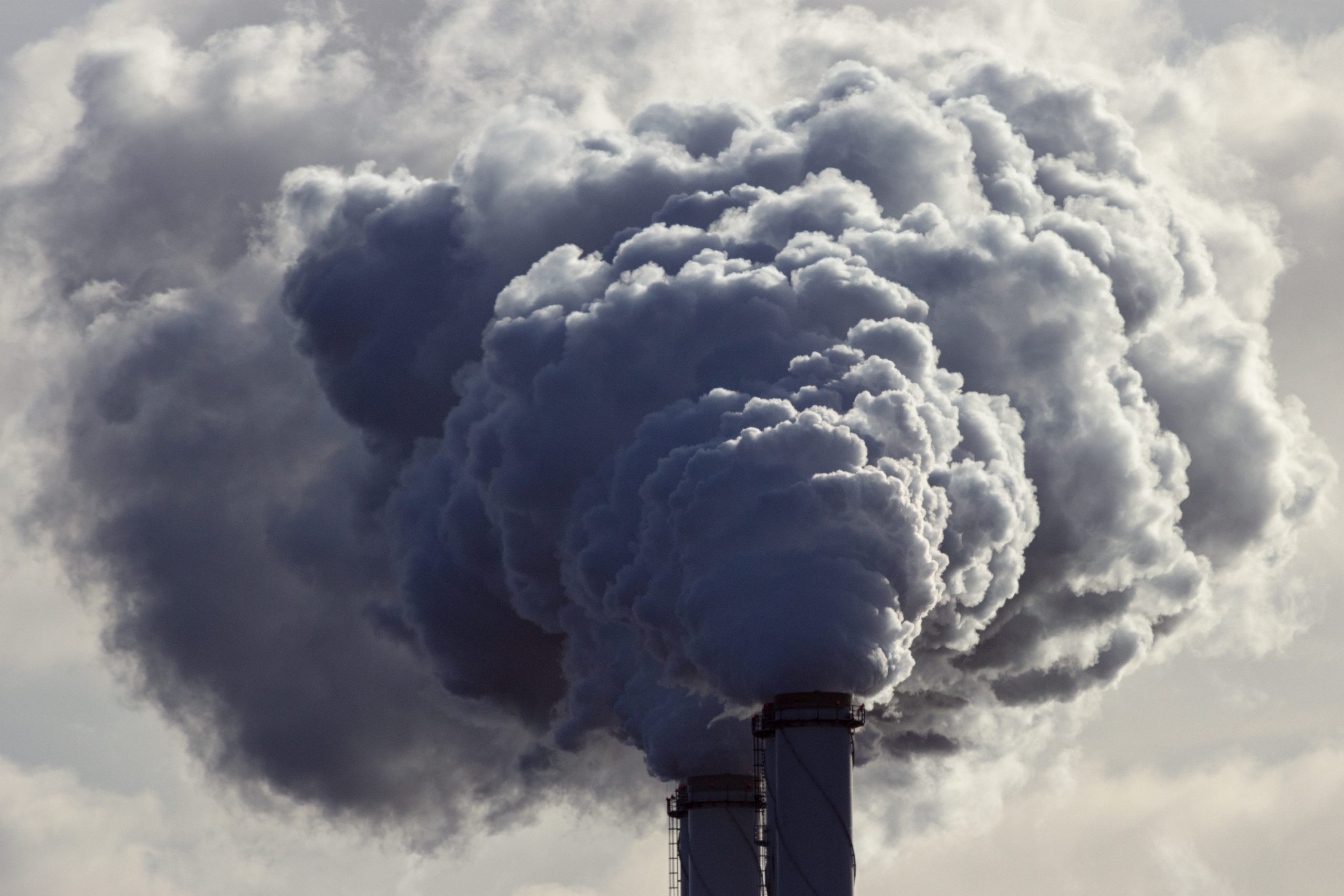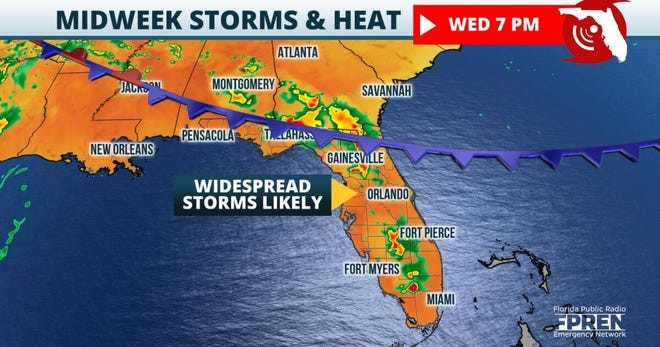A recent study published in Nature Medicine sheds light on the alarming disparities in mortality rates linked to air pollution among different racial and ethnic groups in the United States. The research, conducted by a team of scientists at Stanford Medicine, reveals that Black Americans face significantly higher risks of death due to exposure to fine particulate matter (PM2.5), compared to other racial and ethnic groups. This discovery underscores the profound impact of socioeconomic and racial disparities on health, exacerbated by environmental factors.
The study's findings are based on comprehensive data analysis spanning from 1990 to 2016, meticulously evaluating the impact of PM2.5 on mortality across various demographics. PM2.5 refers to tiny particles less than 2.5 micrometers in diameter that can penetrate deep into the lungs and even enter the bloodstream, contributing to serious health issues like heart disease, stroke, and cancer.
The study uncovered a stark reality: in 1990, Black Americans experienced a PM2.5-attributable mortality rate of approximately 350 deaths per 100,000 people, a rate significantly higher than the rates for other racial groups, which were less than 100 deaths per 100,000 people. Although air quality has improved considerably over the years, the disparities persist. By 2016, while the mortality rates for all groups had declined, Black Americans still exhibited the highest rates at about 50 deaths per 100,000 people.
The Root Causes of Health Disparities
The researchers attribute these stark disparities to a complex interplay of factors, including higher levels of air pollution exposure and broader societal disadvantages faced by Black Americans. This includes factors like poverty, inadequate access to healthcare, and increased likelihood of employment in more hazardous jobs. These socioeconomic and environmental factors are often intertwined with systemic racial inequalities, creating a cycle of disadvantage.
The Urgent Need for Action
The study emphasizes the critical importance of tackling air pollution to improve overall health outcomes and reduce racial health disparities. The researchers call for environmental policies that are more inclusive and effectively address the vulnerabilities of marginalized communities.
The Future of Environmental Justice
With Climate change expected to intensify extreme weather events like wildfires and heatwaves, the urgency for robust environmental policies becomes even more paramount. Reducing PM2.5 pollution offers a two-fold benefit: improving public health and narrowing the health equity gap. The study serves as a stark reminder that environmental justice is a critical component of achieving a healthier and more equitable society for all.
This research highlights the need for a comprehensive approach to environmental justice. Addressing the root causes of racial and socioeconomic disparities, including investing in equitable access to healthcare, education, and employment opportunities, is crucial alongside enacting stricter environmental regulations and implementing targeted interventions to mitigate the disproportionate impact of pollution on vulnerable communities. The time to act is now, to ensure a healthier future for all.


















